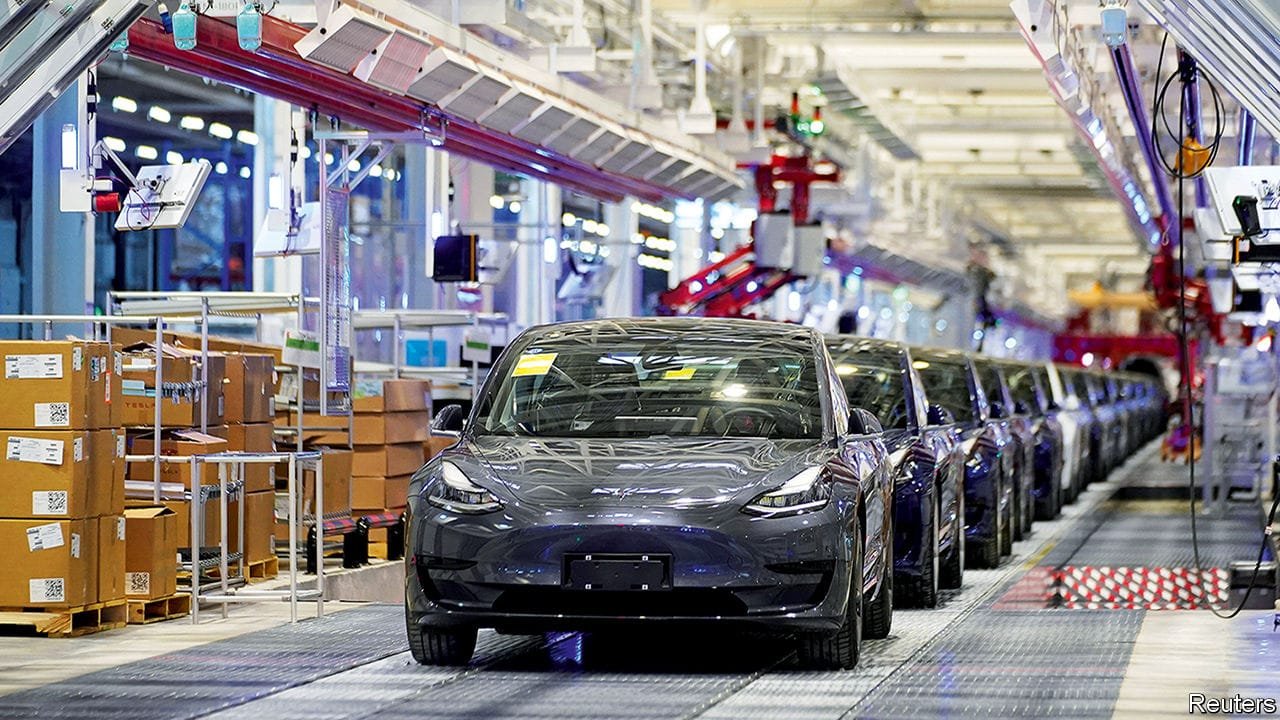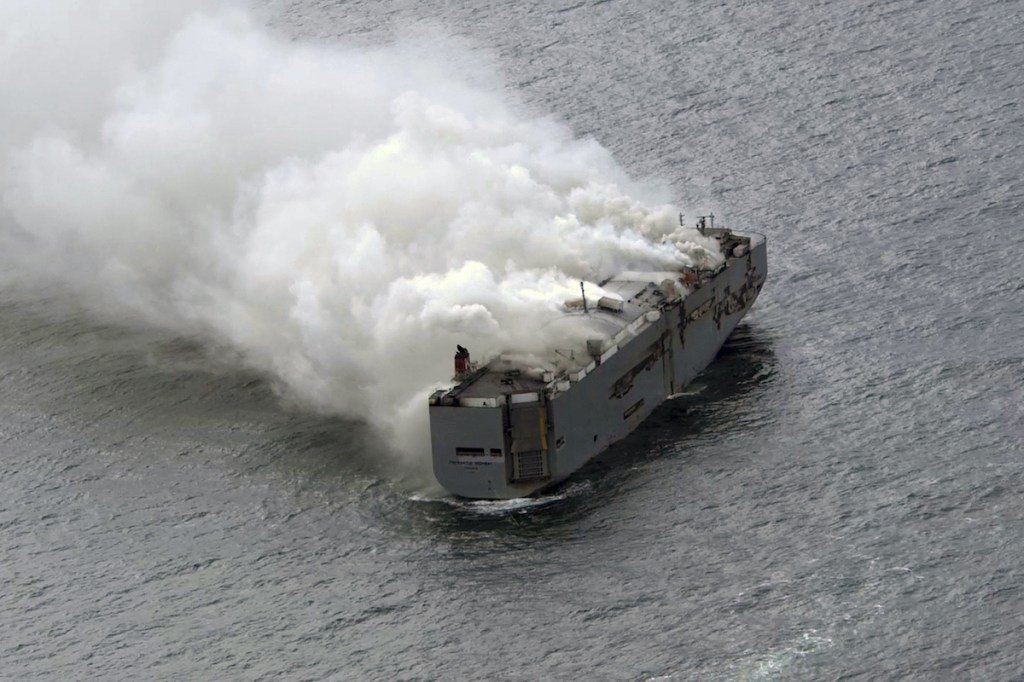Matson Imposes Indefinite Ban on Electric Vehicle Shipments Amid Growing Fire Risks Major U.S.-based cargo shipping company Matson has announced an immediate and indefinite halt to all electric vehicle (EV) and plug-in hybrid (PHEV) shipments across its entire maritime network, citing rising concerns over fire hazards linked to lithium-ion batteries.
The decision affects routes between the U.S. mainland, Hawaii, Guam, and Alaska, creating significant logistical challenges for automakers and private owners attempting to transport EVs across the Pacific.
The move follows a string of high-profile shipping fires, including the June 2025 loss of the Morning Midas , which sank after a suspected battery-related blaze aboard its vehicle deck.
Matson has confirmed the decision in internal customer emails, noting the risk of thermal runaway and the challenges of suppressing EV battery fires at sea.

Lithium-ion battery packs are vulnerable to thermal runaway – a chain reaction that can produce extreme heat, reignite after extinguishment, and emit toxic gases.
With vehicle decks packed tightly and often unattended mid-journey, a single battery failure can quickly become catastrophic.
For shippers like Matson, the margin for error is effectively zero.
The ban arrives as EV adoption in America gains momentum.
Despite broader adoption, consumer hesitations around EVs remain.
A AAA survey in June revealed many Americans still cite charging infrastructure, range anxiety, and long-term durability as reasons to hold off.
Globally, battery technology continues to evolve.
However, the risk of fires hasn’t been eliminated, and shipping companies may be forced to limit – or even ban – EV shipments altogether until new standards emerge or fire suppression technology improves drastically.
Matson says it will not resume transport of EVs or PHEVs until “suitable industry-wide carriage and stowage protocols” are developed.
Authorities have issued an appeal for public assistance in locating alternative solutions to the EV shipping dilemma.

